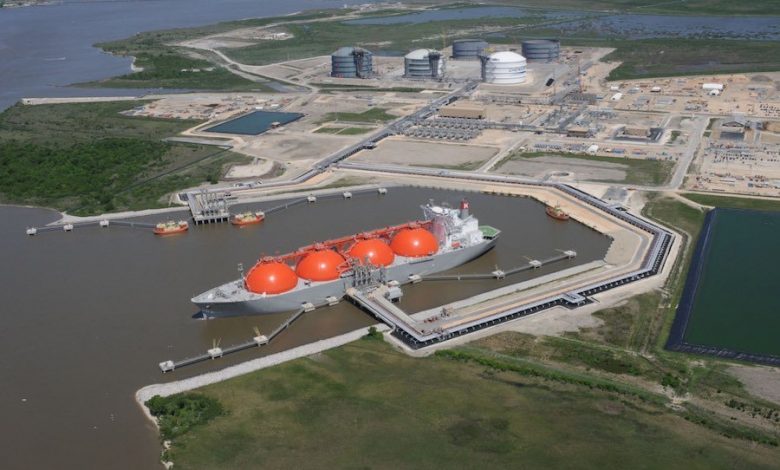US and China trade deal unlikely to have immediate impact on shipping

The US and China have signed the first phase of a broader trade pact on Wednesday, however analysts aren’t confident it will bring immediate joy for the shipping sector.
Under the 86-page agreement, China agreed to increase purchases of American products and services by at least $200bn over the next two years, with increased imports of US goods and services to continue on the same trajectory for several years after 2021.
The $200bn includes $77.7bn of manufactured goods, $32m of agriculture products and $52.4bn of petroleum and energy products including LNG, crude oil, refine products, and coal.
In exchange, the US will cut by half the tariff rate it imposed in September last year on a $120bn list of Chinese goods, to 7.5%. Additionally, China has committed to crack down on intellectual property theft by Chinese companies.
“Don’t expect an instant push to the demand from this, but a lift for coming years if the volumes will get traded and shipped,” said Peter Sand, chief shipping analyst at BIMCO.
“The phase 1 deal clearly holds a potential upside for the global shipping industry in all sectors. As more crude oil and agriculture products will get seaborne. Let’s hope for this deal to succeed. But recovering from two years of trade war is not easy,” Sand said.
Ralph Leszczynski, head of research at shipbroking house Banchero Costa, reckoned the details of the phase one deal are rather vague and the realisation process of the deal could move slowly.
“There is apparently this headline figure of $200bn of extra imports from the US. If actually realised, it would mean essentially doubling imports from the 2017 figure. There is no guarantee that this will actually happen, but if yes, than it would translate into more agricultural and energy imports from the US. It would however be at the expense of replacing other exporters such as Brazil for soybeans, Saudi Arabia for crude oil, Qatar for LNG, more than increasing overall trade volumes,” Leszczynski said.
“China will however need to be very careful in not allowing this to disrupt its other trade and political relationships with other countries, so I expect things to move slowly,” Leszczynski added.
